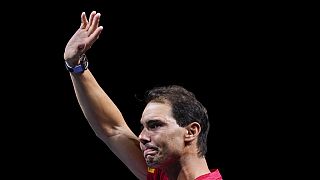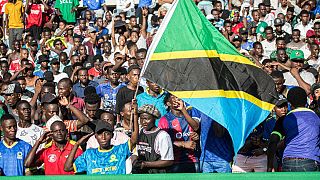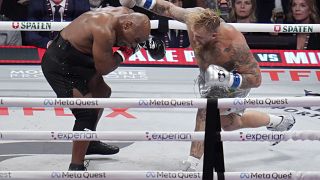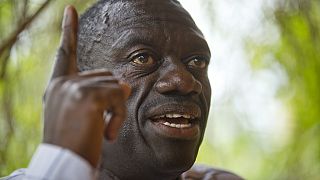Sport
The judging of doping cases at this year’s Rio de Janeiro Olympics and all future Games will be handled by the Court of Arbitration for Sport (CAS) instead of the International Olympic Committee (IOC).
The IOC said on Tuesday that their Executive Board had approved the decision to remove itself from the process of judging suspected dopers in an effort to add more credibility to judgements.
“The IOC today decided that instead of the IOC, in the case where there is an anti-doping rule violation arising during the Games, (instead of the IOC) appointing an anti-doping or a disciplinary commission of IOC members to hear it, (that they,) they think the time has come to step aside,” CAS President John Coates, who is also an IOC member, told reporters.
“What we have asked the CAS to do, is to create a new anti-doping division and the anti-doping rule allegations, violation allegations will go to that body. They will hear it,” he added.
At previous Games, an IOC disciplinary commission, made up of regular IOC members, would convene following a positive dope test by an athlete.
The commission would then hear the athlete’s case and hand out any sanctions. These sanctions could include the stripping of medals and the disqualification of athletes from the Olympics.
The respective sport federation was then responsible for any further sanctions.
Under the new system, athletes or officials, who are suspected of anti-doping rule violations, will present their case to a group of arbitrators within a new anti-doping division of CAS.
Between one and three arbitrators, who all specialise in doping, will hear the case, Coates said.
Lawyers working on a pro-bono basis would also be available for those under investigation.
The IOC would then be bound to accept any decision by CAS’ anti-doping division.
“I think athletes should be pleased with this,” Coates said. “Suddenly they are going to appear before a hearing where the prosecutor and the judge are different people,”













01:35
FIFA unveils golden trophy in collaboration with Tiffany & Co.
00:30
England rugby team gear up ahead of their clash against Springboks
01:34
Human Rights: Violence against women and girls in sports becoming systematic
00:59
Kenyan athlete Kipyegon Bett dies at the age of 26
01:01
Paul Pogba's 4-Year doping ban reduced to 18 months
01:13
IOC President election draws nearer, Sebastian Coe among the 7 hopefuls to replace Thomas Bach